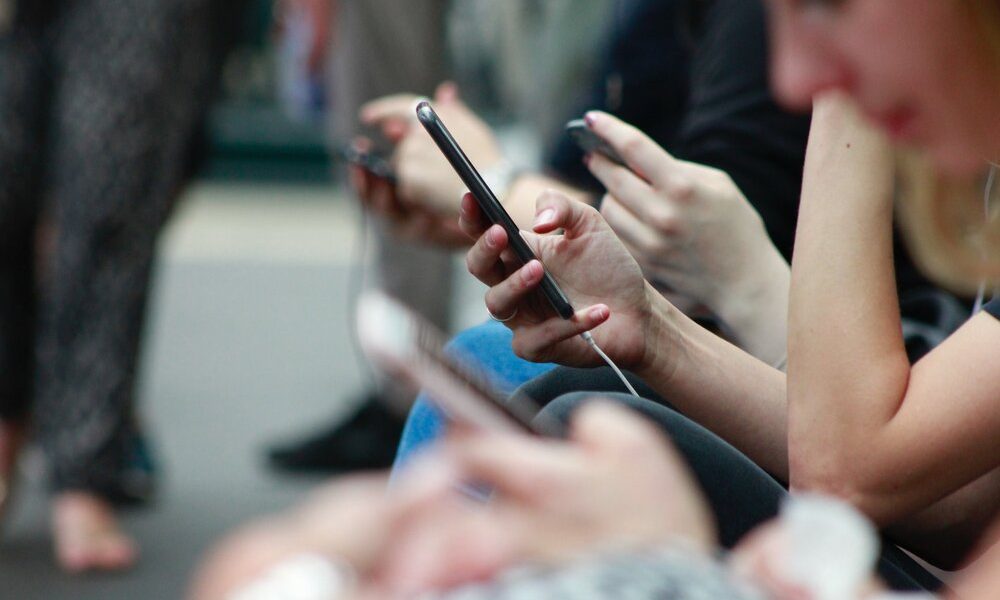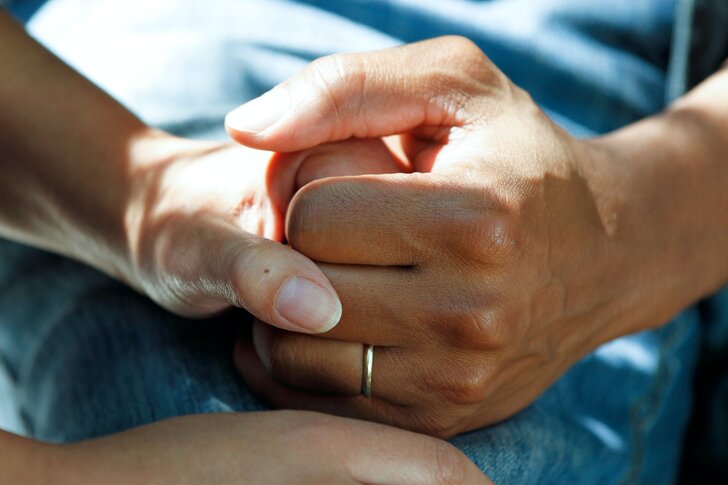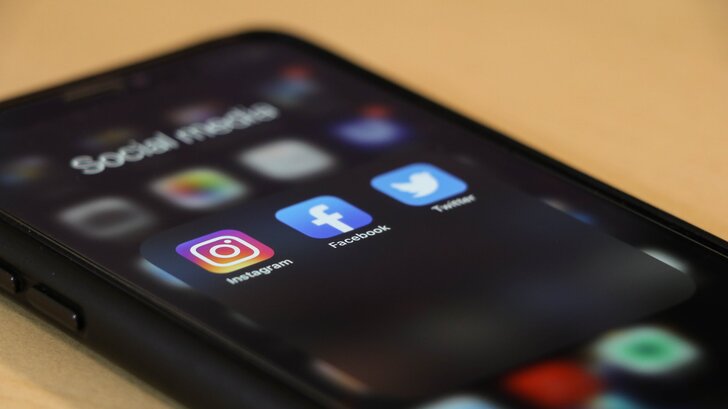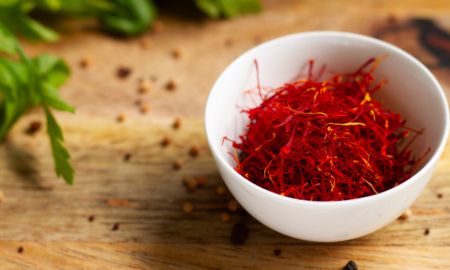
Misinformation On Social Media Leads to Tension Among Patients

We get it, cancer is an extremely serious situation. No one can quite imagine what a patient goes through; it not only messes with their physical health but also ruptures their mental stability.
That’s why patients, as well as their family members, constantly lookout for every single bit of information that can provide them with insight into the disease, and more importantly, a ray of hope.

National Cancer Institute/Unsplash | Cancer patients and their families often read articles on the internet and social media in a bid to find hope, understanding, as well as information
But while most credible sources offer genuine information, self-declared “experts” often choose to bombard the world with any and everything they can think of in a bid to gain attention.
Most such experts exist on social media. That being said, we also want to state that much of such information is served by well-intentioned people who’ve been through the disease, with the sole intention of helping.
But the problem that arises is that what they share is often unfounded, baseless, and evidence-less. Instead of calming patients down, it often ends up aggravating them.
Detrimental misinformation
As per a recent study conducted by Pew Research Centre, it’s believed that more than 72% of the adult population in the United States turns to social media to seek health-related information. Research also claims that most of the information that’s shared and consumed on social media is totally misleading.

Dole777/Unsplash | Research claims that most of the health information shared on social media is fake and misleading
Sadly, that’s not it! A special study of social media proves that as much as 86.4% of the news bits about drugs and dietary supplements circulated over WhatsApp are fake or untrue! Can you imagine how much damage this kind of misleading information can cause?
The spread of false “health improving tips” can cause resistance to evidence-based medicine and hinder a patient-doctor relationship. Worse, it can also lead to the risk of unknown death.
Digging deep
Recently, doctors and researchers at the University of Utah undertook a cross-country collaboration in order to verify the accuracy of cancer-related treatment information on social media platforms. What they found was really shocking!
They found that one-third of the entire such information was fake and misleading. Not just that, the majority of these so-called informational articles were actually carrying dangerous information.
Skylar quotes, he had no idea what to expect while carrying out this study. Unfortunately, his fears and anxiousness were triggered the moment he saw these jaw-dropping claims. The most shocking thing was that these articles had the potential to reach so many readers, which means monumental proportions of damage considering the information they’re spreading was unsafe and fact-less.

Mauro Mora/Unsplash | The worrying factor among experts, is that such fake social media articles have the potential of reaching millions of readers
A lesson to learn
Some experts suspect that the false information provided by social media platforms somehow influences a patient’s decision to undergo the required cancer treatment. And why won’t it? In today’s twisted times, we seek answers for every single thing from the internet. Believing everything we read is true!
In such situations, doctors need to take the upper hand and address their patients regarding the misinformation they receive from multiple platforms. As for patients, they must have faith in their doctors and in the healthcare system.
So the next time you receive a WhatsApp message related to cancer treatment, make sure you check the credibility of the information before blindly believing in it.
More inMedicare
-
`
Are Popular Diet Trends Actually Good for Your Heart?
Diet trends grab headlines every year, promising everything from glowing skin to dramatic weight loss. But when it comes to the...
July 30, 2025 -
`
Why Are Men Taller Than Women? New Genetic Study Finds Clue
For centuries, the average height difference between men and women has been noticeable—men generally stand about five inches taller. While environment...
July 23, 2025 -
`
How Upcycled Beauty Ingredients Are Reshaping the Industry’s Future
The beauty industry is going through a big shift — and it’s not just about trends. As waste problems grow and...
July 17, 2025 -
`
A Look Inside Faith Kipyegon’s Groundbreaking Mile Run in Paris
Last week in Paris, Faith Kipyegon returned to a place she knows well: Stade Sébastien Charléty. But this time, she wasn’t...
July 9, 2025 -
`
Dairy Is Making a Major Comeback — And Health Shoppers Are Loving It
Just a few years ago, dairy sat quietly in the back seat while plant-based alternatives took the spotlight. Now, it’s stepping...
July 4, 2025 -
`
Does Aging Cause Dental Problems?
Aging doesn’t automatically mean losing teeth or developing gum disease. In fact, older adults today are holding onto more of their...
June 25, 2025 -
`
How Upcycled Ingredients Are Shaping the Future of Cosmetics
What used to end up in bins or compost heaps is now finding a new life inside skincare bottles and beauty...
June 18, 2025 -
`
Rock Legend Rod Stewart Trains to Break Sprint Record at 80
Age isn’t slowing Rod Stewart down. Known worldwide for his legendary voice, stadium-filling tours, and timeless hits like “Maggie May”, the...
June 11, 2025 -
`
The Truth Behind Detox Diets – Health Boost or Risky Trend?
It’s hard to scroll through your feed without seeing someone sipping green juice with promises of instant energy, glowing skin, and...
June 3, 2025














You must be logged in to post a comment Login